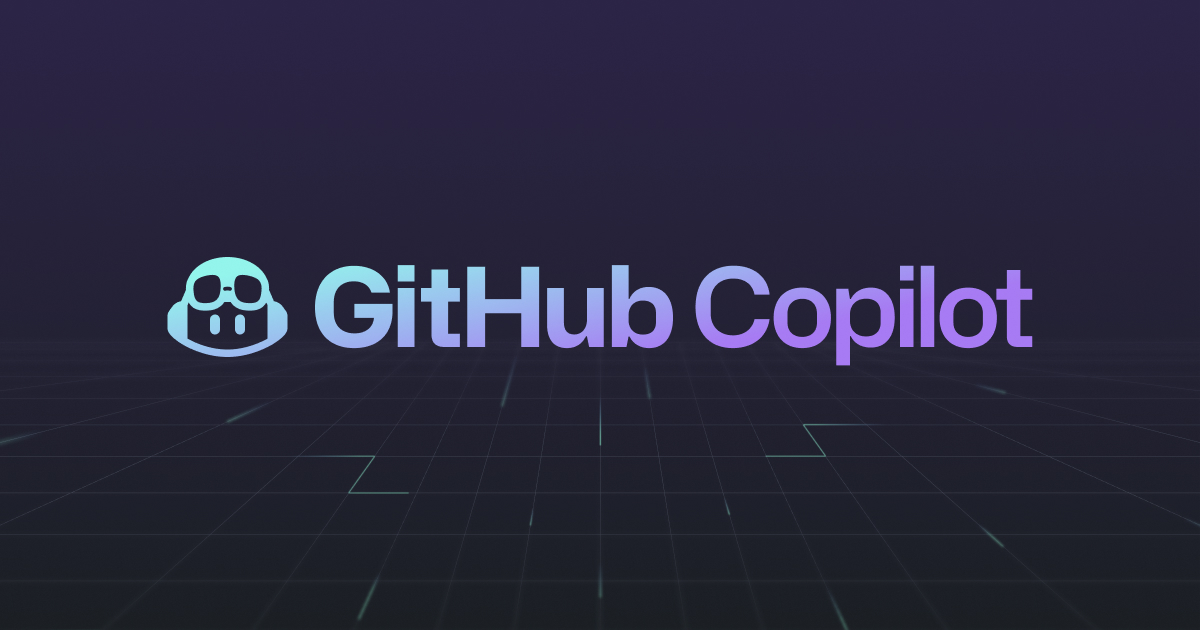GitHub launches 'Copilot for Business' plan amid copyright infringement issues
4 min. read
Updated on
Read our disclosure page to find out how can you help MSPoweruser sustain the editorial team Read more

Microsoft’s GitHub is now bringing Copilot to enterprises. This week, the cloud-based Git repository company launched a new plan called ‘Copilot for Business,’ which costs $19 per user monthly.
GitHub wants to stretch its reach to other users by offering the Copilot for Business plan. The new offer is expected to boost the 400,000 subscribers of the AI tool, which aids developers in writing codes by providing suggestions based on their current work in the project. The tool is powered by the OpenAI-developed AI model called Codex, “trained on tens of millions of public repositories.” It complements Visual Studio, Neovim, and JetBrains integrated development environments, making code writing easier and faster for developers.
The business plan includes the features offered in the single-license Copilot tier and adds license management and organization-wide policy management capabilities. GitHub further adds that the offer has industry-leading privacy that “won’t retain code snippets, store or share your code regardless if the data is from public repositories, private repositories, non-GitHub repositories, or local files.”
Shuyin Zhao, Senior Director of Product Management at GitHub, says the rollout of the new offer was pushed after hearing “that companies want an easy way to purchase GitHub Copilot for their teams.” However, saying that businesses will welcome the offer with a warm embrace is almost impossible, as Copilot is still in the midst of an unresolved issue regarding copyright infringement.
@github copilot, with "public code" blocked, emits large chunks of my copyrighted code, with no attribution, no LGPL license. For example, the simple prompt "sparse matrix transpose, cs_" produces my cs_transpose in CSparse. My code on left, github on right. Not OK. pic.twitter.com/sqpOThi8nf
— Tim Davis (@DocSparse) October 16, 2022
Months ago, individuals noticed Copilot generating questionable codes. In October, Texas A&M University computer science professor Tim Davis called out GitHub after he spotted the tool producing “large chunks of my copyrighted code, with no attribution, no LGPL license” when public code is blocked. The filter is meant to be a solution to prevent the suggestion of codes matching (or nearly) the public code on GitHub. According to a document from GitHub, it “checks code suggestions with their surrounding code of about 150 characters against public code on GitHub.” However, the feature seems ineffective, especially after Davis revealed the case he discovered.
GitHub warns that about 1% of the time, a suggestion may contain some code snippets longer than ~150 characters that matches the training set. Moreover, GitHub says the tool can produce code with “undesirable patterns,” which can mean risk for users. In its document, GitHub explains:
GitHub Copilot offers suggestions from a model that OpenAI built from billions of lines of open source code. As a result, the training set for GitHub Copilot may contain insecure coding patterns, bugs, or references to outdated APIs or idioms. When GitHub Copilot produces suggestions based on this training data, those suggestions may also contain undesirable patterns.
You are responsible for ensuring the security and quality of your code. We recommend you take the same precautions when using code generated by GitHub Copilot that you would when using any code you didn’t write yourself. These precautions include rigorous testing, IP scanning, and tracking for security vulnerabilities.
The warning puts the responsibility directly on the users, exposing them to the possibility of lawsuits if overlooked copyrighted suggestions are included in the final production of their projects.
In November, programmer and lawyer Matthew Butterick partnered with class-action firm Joseph Saveri Law Firm to push a class-action lawsuit against Microsoft, GitHub, and OpenAI.
“As a longtime open-source programmer, it was apparent from the first time I tried Copilot that it raised serious legal concerns, which have been noted by many others since Copilot was first publicly previewed in 2021,” said Butterick. “Because I’m also a lawyer, I felt compelled to stand up for the open-source community. I’ve known Joe since he started the Joseph Saveri Law Firm. He has built it into one of the finest class-action firms in the country. I’m pleased to be teaming up with Joe and his firm on behalf of the open-source programmers whose rights are being violated by Copilot.”
Despite the issues, GitHub is determined to offer its Copilot to more users, especially enterprises. Yet, time will tell whether companies will be willing to take the risk.








User forum
0 messages